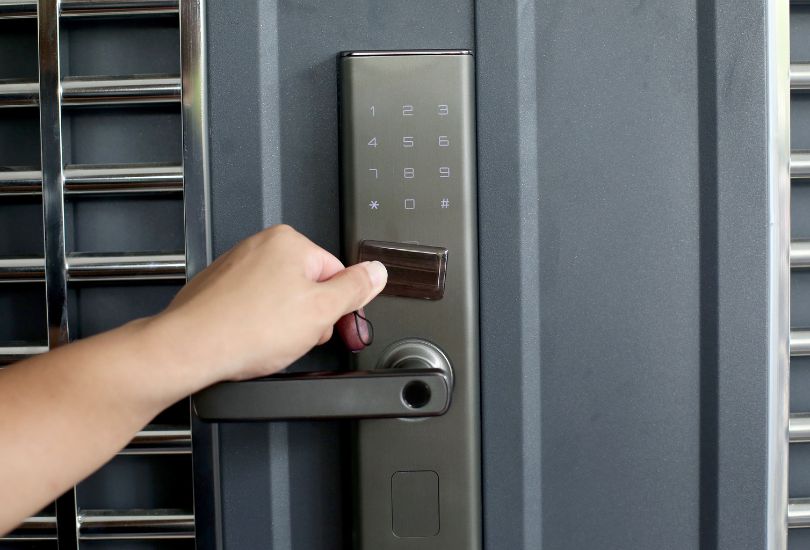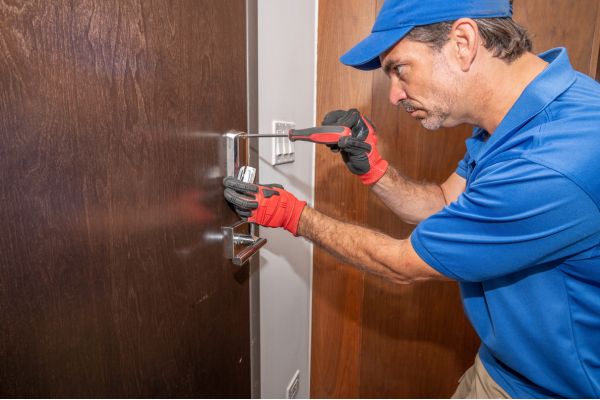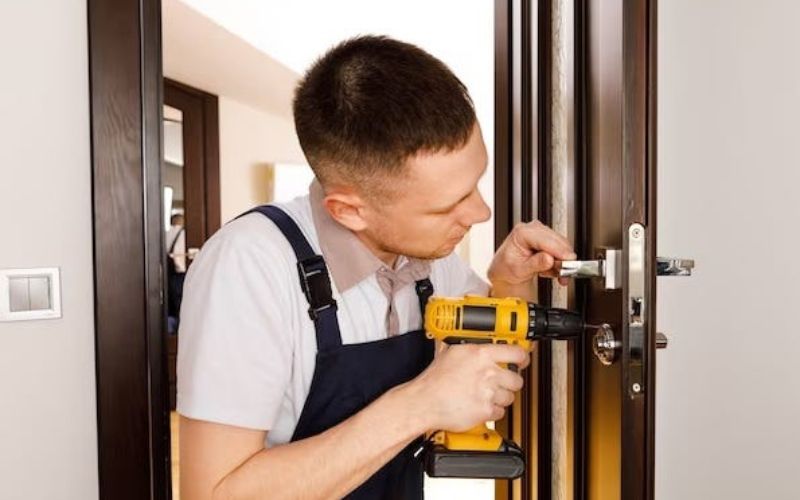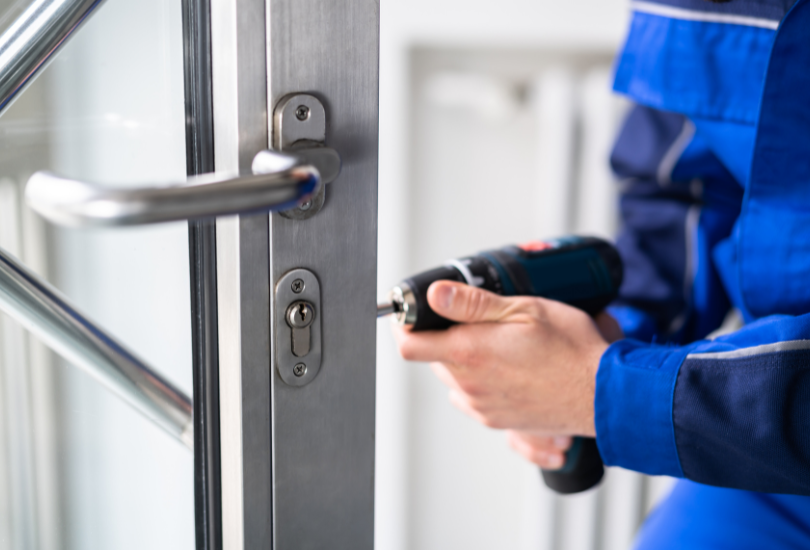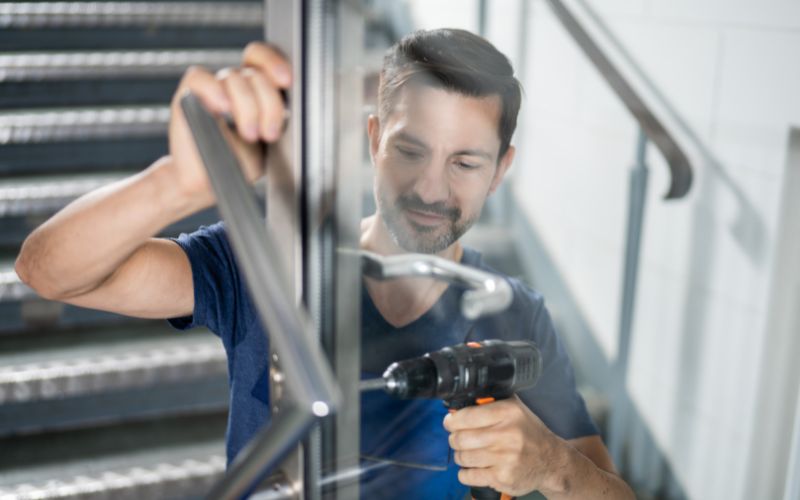Locks are essential components of our homes and businesses, ensuring our safety and security. However, different types of locks are used for various purposes, each with its unique features and maintenance requirements. In this article, we will discuss the most common types of locks in Grays Inn WC1 and how to maintain them to ensure they are working correctly.
1. Mortise Locks
Mortise locks are the most common types of locks used in Grays Inn WC1. These locks are installed in a mortise, a rectangular cavity cut into the door’s edge. They are generally more durable than other types of locks and offer better security. However, they can be challenging to install and maintain.
To maintain your mortise lock, lubricate it with a dry graphite spray every six months. Check the screws regularly and tighten them if necessary. If you experience any issues with the lock, seek the services of a professional locksmith.
2. Deadbolts
Deadbolts are another common type of lock used in Grays Inn WC1. They are a reliable and affordable option for securing your doors. Deadbolts come in two main types: single cylinder and double cylinder. Single cylinder deadbolts use a key on the outside and a thumb turn on the inside, while double cylinder deadbolts use a key on both sides.
To maintain your deadbolt lock, lubricate it with a silicone spray every six months. Check the screws, strike plate, and latch regularly and tighten them if necessary. If the lock becomes difficult to turn, consider replacing the cylinder.
3. Euro Profile Cylinders
Euro profile cylinders are commonly used in uPVC and composite doors in Grays Inn WC1. They are also used in some wooden and aluminum doors. Euro profile cylinders offer better security and are more resistant to picking and drilling.
To maintain your euro profile cylinder, lubricate it with a dry graphite spray every six months. Check the screws, strike plate, and latch regularly and tighten them if necessary. If you lose your key or move into a new property, consider replacing the cylinder to ensure maximum security.
4. Padlocks
Padlocks are a versatile type of lock used in various settings in Grays Inn WC1, including gates, lockers, and sheds. They come in different sizes and materials, such as brass, steel, or aluminum. Padlocks can be keyed or combination, and some models are resistant to picking or cutting.
To maintain your padlock, clean it regularly with a damp cloth and lubricate the shackle and cylinder with a silicone spray every six months. If the lock becomes difficult to turn, consider replacing it.
5. Smart Locks
Locks are becoming increasingly popular in Grays Inn WC1, offering a convenient and secure way to control access to your home or business. Smart locks use various technologies, such as Bluetooth, Wi-Fi, or RFID, to allow you to lock and unlock your doors remotely through a mobile app or voice commands.
To maintain your smart lock, follow the manufacturer’s instructions for cleaning and maintenance. Regularly update the firmware and change the access codes or passwords to ensure maximum security. If you experience any issues, contact the manufacturer’s customer support or a professional locksmith.
Conclusion
Knowing the most common types of locks in Grays Inn WC1 and how to maintain them is essential to keep your property secure. Regular maintenance and checks can help prevent lockouts and reduce the risk of break-ins. However, if you experience any issues with your locks or security systems, it’s best to seek the services of a professional locksmith.
FAQ
Q: How often should I maintain my locks?
A: We recommend lubricating your locks with a dry graphite spray or silicone spray every six months and checking the screws and latch regularly.
Q: Can I install a lock myself?
A. Although DIY enthusiasts can install some locks, it’s better to hire a professional locksmith to ensure correct installation and proper functioning of the lock.
Q: How can I tell if my lock is damaged?
A: If your lock becomes difficult to turn, makes strange noises, or the key no longer works correctly, it may be damaged. Seek the services of a professional locksmith to inspect the lock and provide necessary repairs or replacements.

